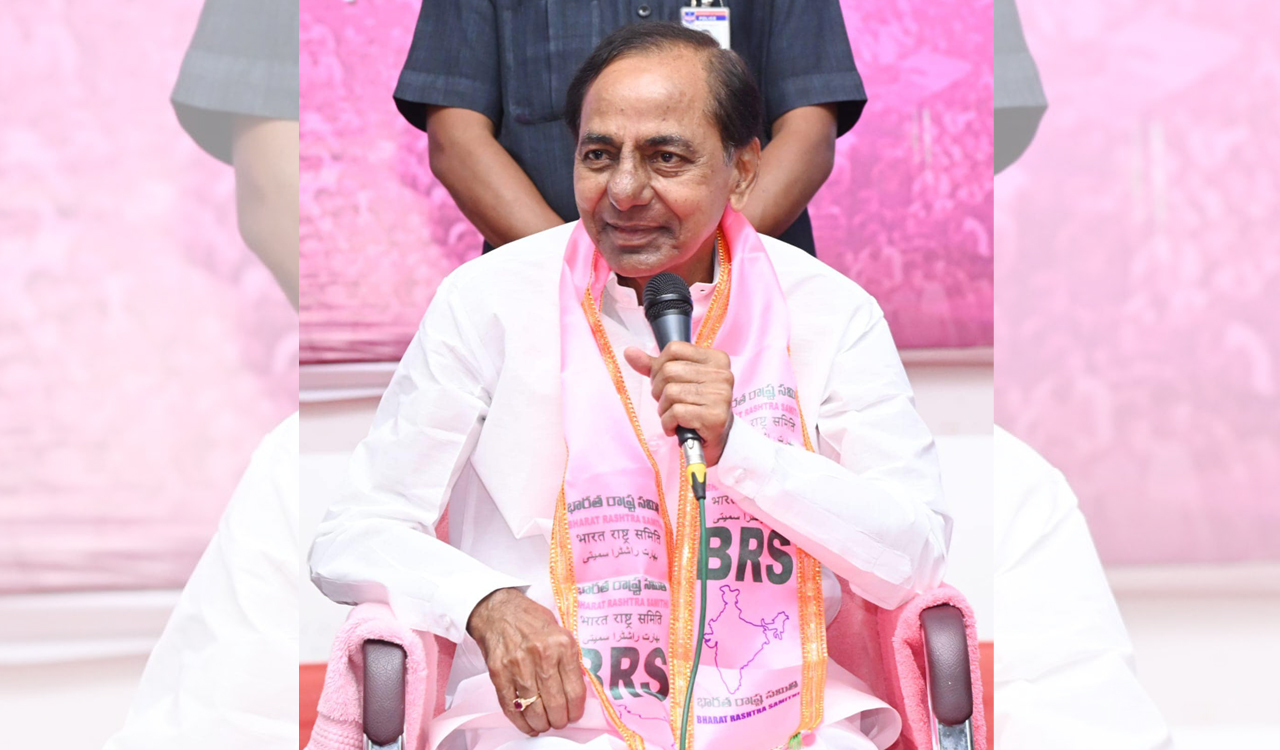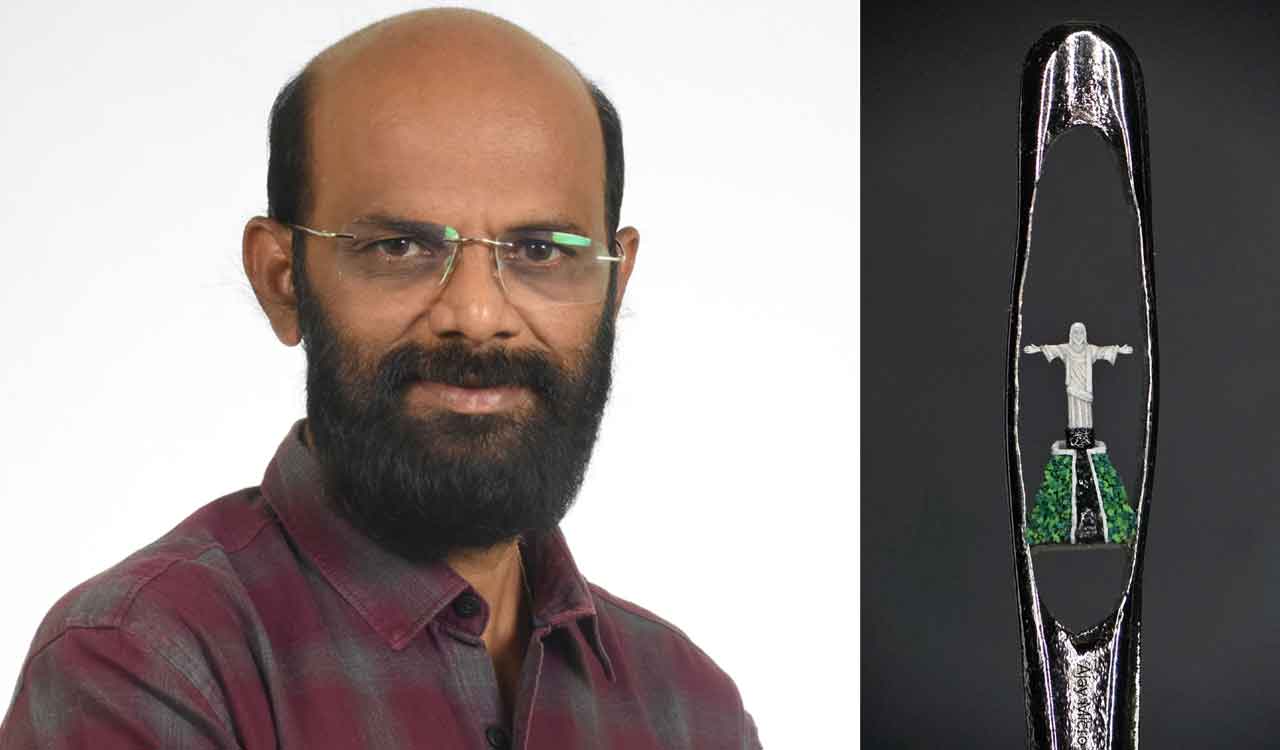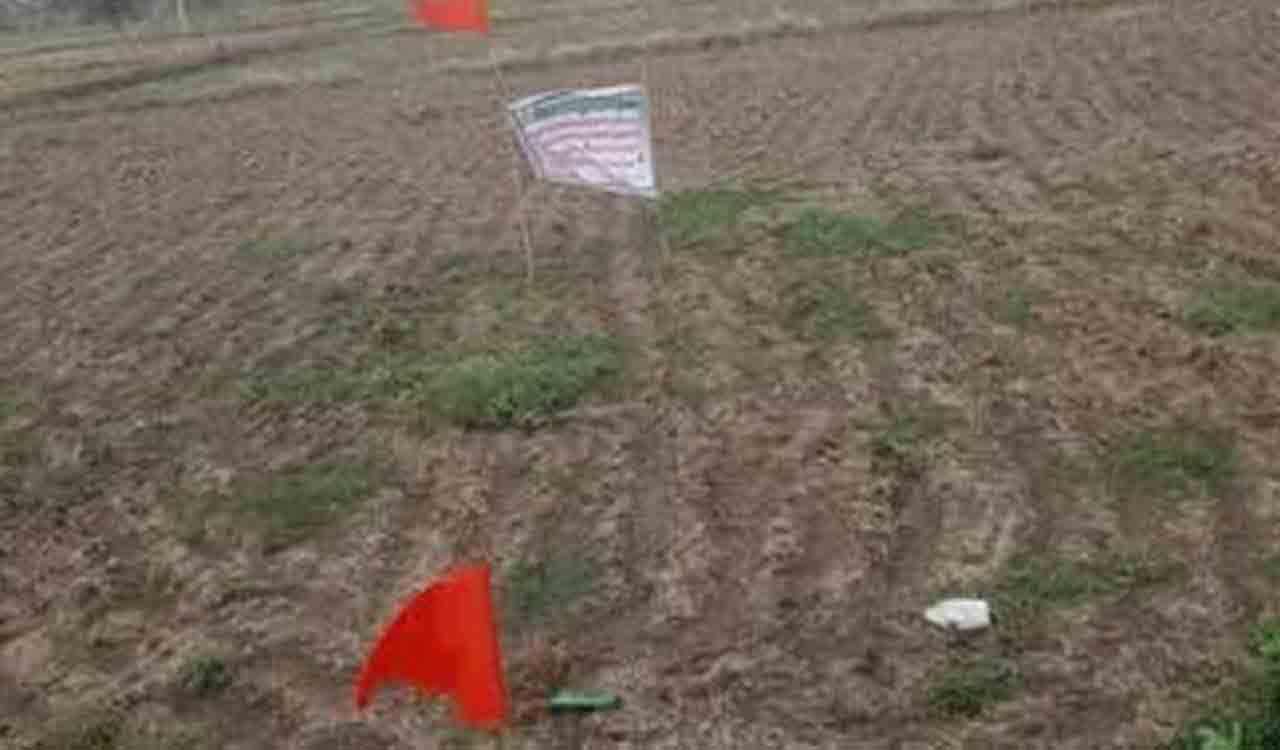Opinion: Revival of freedom state is key
It is imperative that the Indian state facilitates more participative rather than authoritarian governance
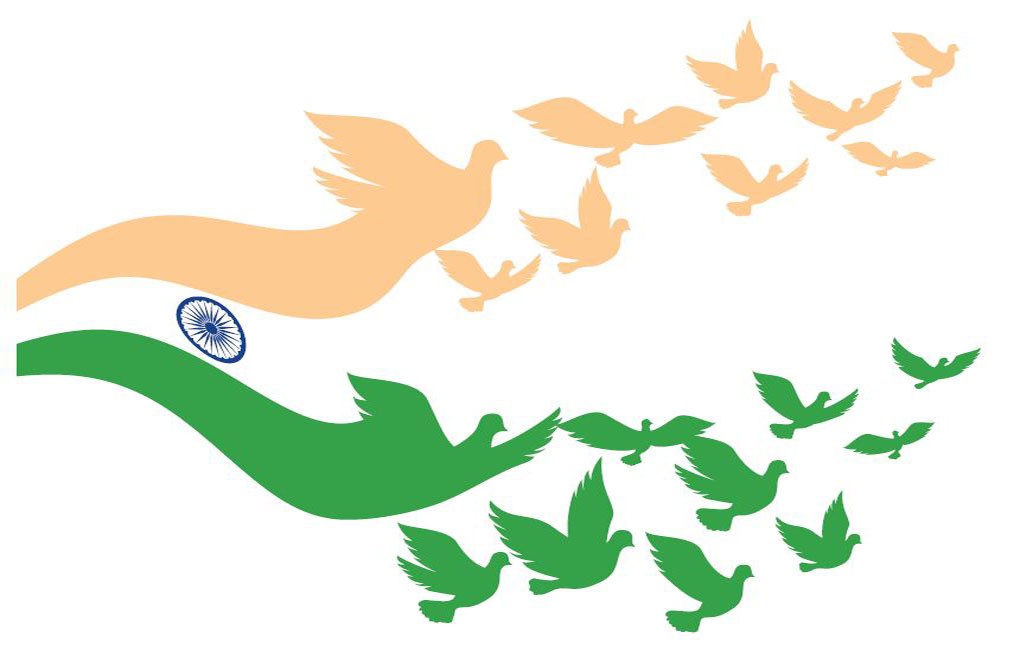
By
Nayakara Veeresha
We, as a nation, are celebrating the 75th anniversary of Independence. The journey of 74 years has produced certain remarkable achievements in the domains of economy, polity and society. Indian democracy has enabled the world’s largest representative and inclusive government in terms of social diversity it depicts in the form of elected parliamentarians to panchayat leaders at the grassroots.
In spite of this political diversity, the achievement of constitutional values such as secularism, socialist and democratic republic in governance is still far from reality. The concept of ‘one vote, one value’ is present in theory; however, the concept of equality falls short when it comes to social reality. Against this backdrop, it is essential to understand the functioning of the state and its implications for individual freedom as a citizen’s right.
Nature of the state
Successive governments since independence have strengthened the Hobbesian nature of the state rather than building on ethical foundations as per the Hegelian perspective. According to Thomas Hobbes, life in the state of nature is “solitary, poor, nasty, brutish, and short” and hence, he argued and defended the idea of “absolutist state”. All the citizens’ rights are subsumed in the state without the right to dissent/rebellion. However, since the evolution and adoption of the modern nation-state concept, elected governments have shown more interest and actively pursued this concept in a systematic manner. The Telangana and Tebhaga insurrection during 1946-51 and the Naxalbari uprisings in 1967 reveal the unsettled issue of land reforms.
On the other hand, the philosopher, Georg Wilhelm Friedrich Hegel, describes the state as an embodiment of subjective (individual) and universal freedom. According to him, the essence of modern state is that “the universal be bound up with the complete freedom of its particular members and private well being”. The amalgamation of individual and universal freedom is central to Hegel’s ideas of state. The Constitution of India has adopted this in the form of Article 38 (1): “the State shall strive to promote the welfare of the people by securing and protecting as effectively as it may a social order in which justice, social, economic and political, shall inform all the institutions of the national life” in the Directive Principles of State Policy.
A critical question is how far the state in India has been successful in achieving the individual and universal freedom of its citizens? The components of individual freedom are inherent in the fundamental rights (Articles 19-31) which constitute Part III of the Constitution. Among these are: Article 19 (1) (a), ie, right to freedom of speech and expression and Article 32 that provides the right to the citizens to approach the Supreme Court in cases where the fundamental rights are violated by the state or any agencies. Due to this criticality, Dr BR Ambedkar said that, “If I was asked to name any particular article in this Constitution as the most important — an article without which this Constitution would be a nullity — I could not refer to any other article except this one (Article 32). It is the very soul of the Constitution and the very heart of it”.
Democratic Decline
In recent times, Article 19(1) (a) is the most misused provision and on the basis of which the number of sedition cases registered is on the rise since 2014. At present, the Supreme Court is enquiring upon a public interest litigation that questions the constitutional and legal relevance of the colonial law, ie, Sec 124(A) of the Indian Penal Code, 1860.
According to the Article 14 database, 279 sedition cases were filed during the UPA regime (2010-14) and 519 cases were filed during the NDA regime (since 2014). Interestingly, the NDA regime during 2014-19 was more considerate and accommodative compared with its second tenure since May 2019. As per the Ministry of Home Affairs, 2019 saw the highest number (93) of sedition cases filed with a conviction rate of 3.3%.
This was reflected in the reduction of score and ranking in the Freedom in the World, 2020. The most significant reduction is in the component of civil liberties with a score of 37 out of 60. The democratic decline has continued in 2021 shifting India from “free” to “partly free” category. The report of Freedom in the World, 2021, observed that “the fall of India from the upper ranks of free nations could have a particularly damaging impact on global democratic standards”. One of the world’s leading scholars in democracy, Larry Diamond, says that “we are going through a democratic regression” which was reflected in the Economist Intelligence Unit’s Democracy Index, 2017.
Eyes on India
The state’s heavy-handedness on civil society organisations, media, human rights activists, researchers and progressive thinkers has diminished the basic freedom, democratic tradition and culture at the cost of people’s constitutional rights.
All eyes are now on India as it is serving a two-year term as a non-permanent member of the United Nations Security Council (UNSC), and assumed the rotating presidency for August chairing among others the Counterterrorism Committee. In this context, it is imperative that the Indian state improves its functioning by facilitating more deliberations and participation rather than authoritarian governance, especially at the domestic front. One of the most disturbing aspects of majoritarian politics and its governance is the normalisation of social violence and militarisation of society.
The Covid-induced democratic decline all over the world and its implications are getting deeper in the global political economy. Hence, India has a formidable task at the UNSC. The strong civilisational and constitutional foundations have to be leveraged well to accrue the benefits of UNSC presidency. The performance of India depends upon how quickly it rekindles democratic freedom for its citizens, institutions and to society at large in order to consolidate and strengthen its position from a non-permanent member to a permanent member of the UNSC.
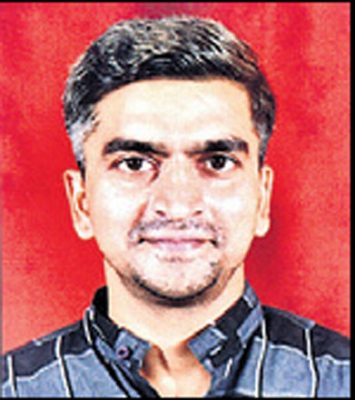 (The author is PhD Fellow, Centre for Political Institutions, Governance and Development of Institute for Social and Economic Change (ISEC), Bengaluru. Views are personal)
(The author is PhD Fellow, Centre for Political Institutions, Governance and Development of Institute for Social and Economic Change (ISEC), Bengaluru. Views are personal)
Related News
-
KCR extends Christmas wishes to people of Telangana
-
Telangana’s micro-sculptor Ajay Kumar sculpts Brazil’s “Christ the Redeemer” in the eye of a needle
-
Leopard spotted and panic prevailing in Nandipahad village under Maddur mandal
-
Unpaid loans: DCCB erects auction flexis in farmers’ fields in Kamareddy
-
Hyderabad auto driver foils attempt to kidnap young woman, five held
2 mins ago -
Haiti gang attack on journalists covering hospital reopening leaves 2 dead, several wounded
1 hour ago -
21 dead as Mozambique erupts in violence after election court ruling
2 hours ago -
Cartoon Today on December 25, 2024
9 hours ago -
Sandhya Theatre stampede case: Allu Arjun questioned for 3 hours by Chikkadpallly police
10 hours ago -
Telangana: TRSMA pitches for 15% school fee hike and Right to Fee Collection Act
10 hours ago -
Former Home Secretary Ajay Kumar Bhalla appointed Manipur Governor, Kerala Governor shifted to Bihar
10 hours ago -
Hyderabad: Organs of 74-year-old man donated as part of Jeevandan
10 hours ago

